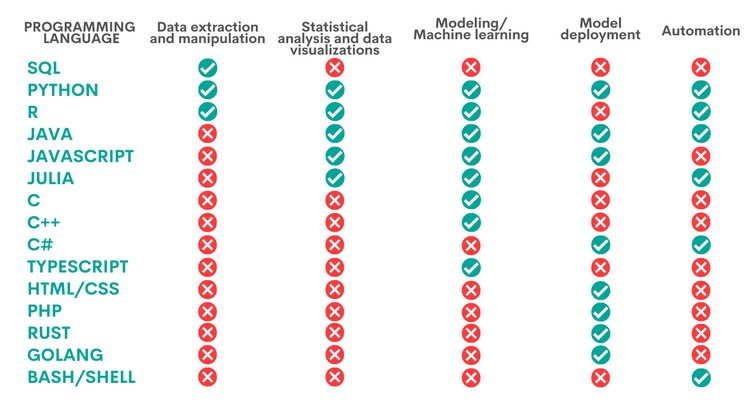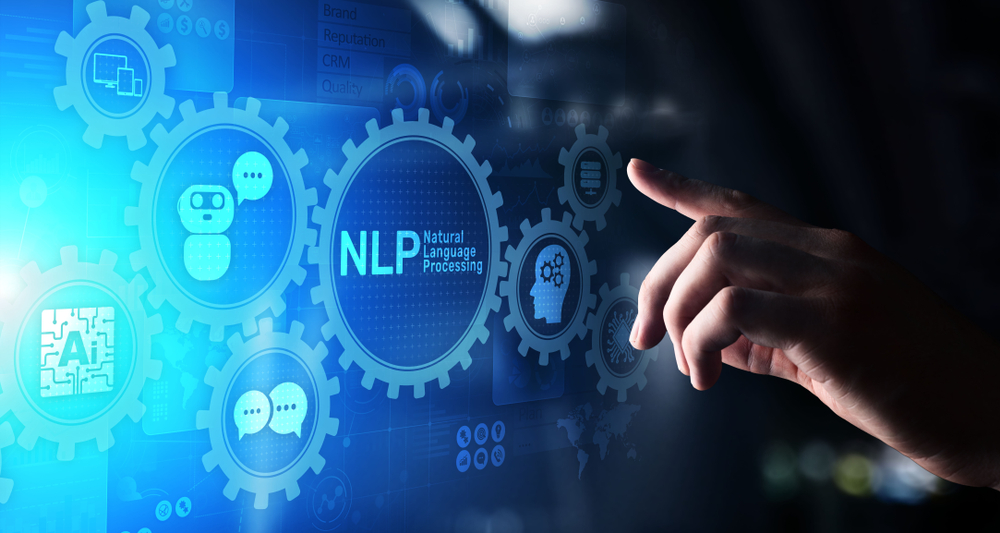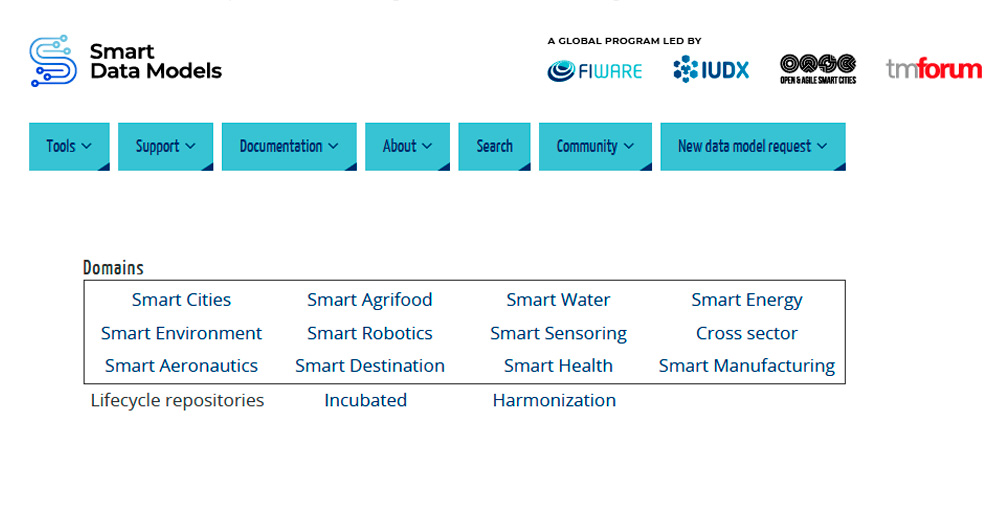12 posts found
The new European language data space is now available in its operational beta version.
With 24 official languages and more than 60 regional and minority languages, the European Union is proud of its cultural and linguistic diversity. However, this richness also represents a significant challenge in the digital and technological sphere. Advances in artificial intelligence (AI) and natu…
Artificial intelligence in the EU: projects transforming our society
The European Union is at the forefront of the development of safe, ethical and people-centred artificial intelligence (AI). Through a robust regulatory framework, based on human rights and fundamental values, the EU is building an AI ecosystem that simultaneously benefits citizens, businesses and pu…
Environmental data spaces: key to the success of the European Green Pact
The European Green Deal (Green Deal) is the European Union's (EU) sustainable growth strategy, designed to drive a green transition that transforms Europe into a just and prosperous society with a modern and competitive economy. Within this strategy, initiatives such as Target 55 (Fit for 55), which…
Private company data sharing initiatives: success stories
In today's digital age, data sharing and opendatahave emerged as key pillars for innovation, transparency and economic development. A number of companies and organisations around the world are adopting these approaches to foster open access to information and enhance data-driven decision making. Bel…
User access to data from connected products and related services in the new European Data Regulation ( Data Act)
The adoption of the Regulation (EU) of the European Parliament and of the Council of 13 December 2023 on harmonised rules for fair access to and use of data (Data Law) is an important step forward in the regulation of the European Union to facilitate data accessibility. This is an initiative already…
Data intermediaries and their role in the Data Governance Act
Data is a key part of Europe''s digital economy. This is recognised in the Data Strategy, which aims to create a single market that allows free movement of data in order to foster digital transformation and technological innovation. However, achieving this goal involves overcoming a number of obstac…
When to use each programming language in data science?
Python, R, SQL, JavaScript, C++, HTML... Nowadays we can find a multitude of programming languages that allow us to develop software programmes, applications, web pages, etc. Each one has unique characteristics that differentiate it from the rest and make it more appropriate for certain tasks. But h…
10 Popular natural language processing libraries
The advance of supercomputing and data analytics in fields as diverse as social networks or customer service is encouraging a part of artificial intelligence (AI) to focus on developing algorithms capable of processing and generating natural language.
To be able to carry out this task in the current…
The importance of Smart Data Models
In the current context, digitalisation has expanded exponentially, reaching beyond the boundaries of the private sector and consolidating itself as one of the great challenges in all productive sectors of society. This process has brought with it the massive generation of data from which to extract…
10 Popular Data Analytics and Machine Learning Libraries
Programming libraries refer to the sets of code files that have been created to develop software in a simple way . Thanks to them, developers can avoid code duplication and minimize errors with greater agility and lower cost. There are many bookstores, focused on different activities. A few weeks ag…









